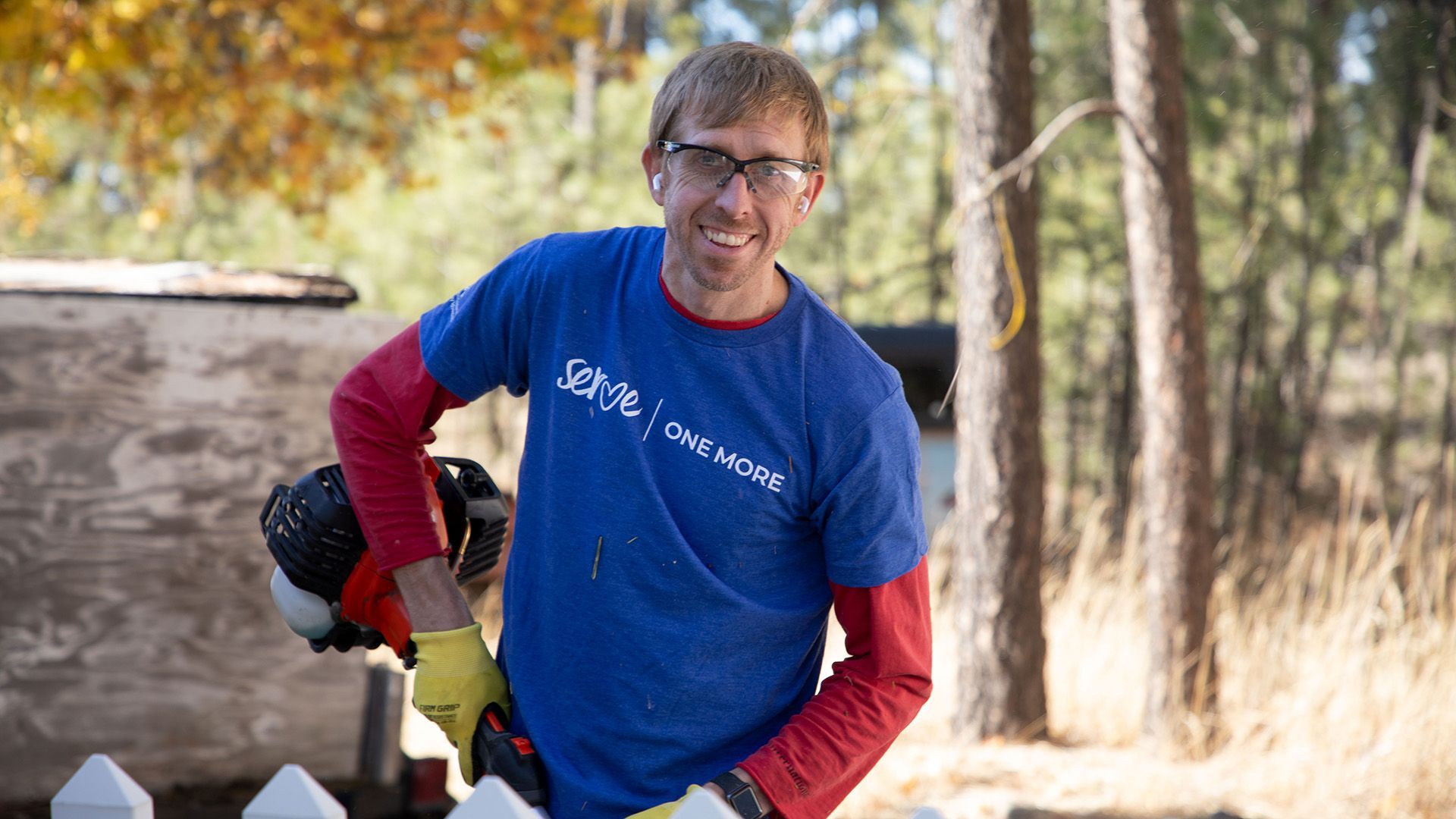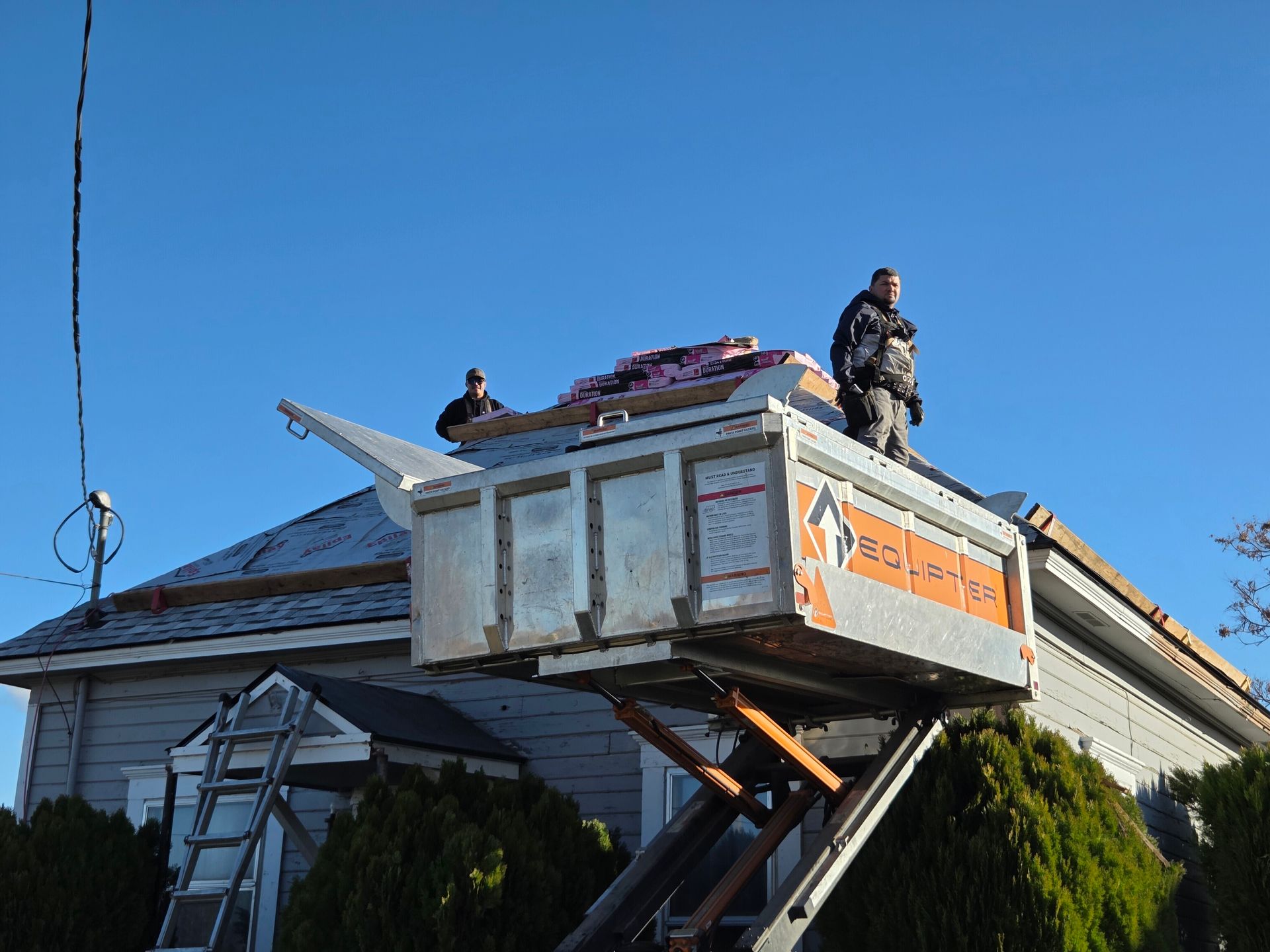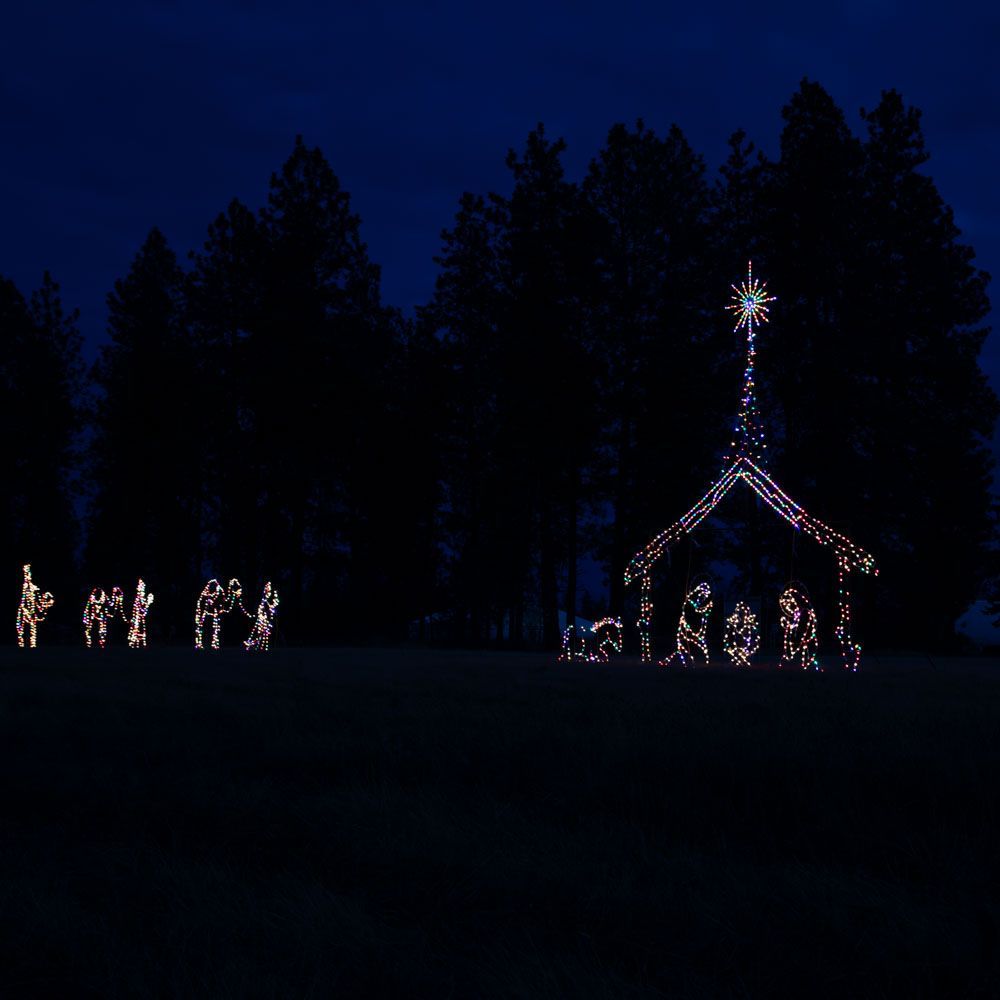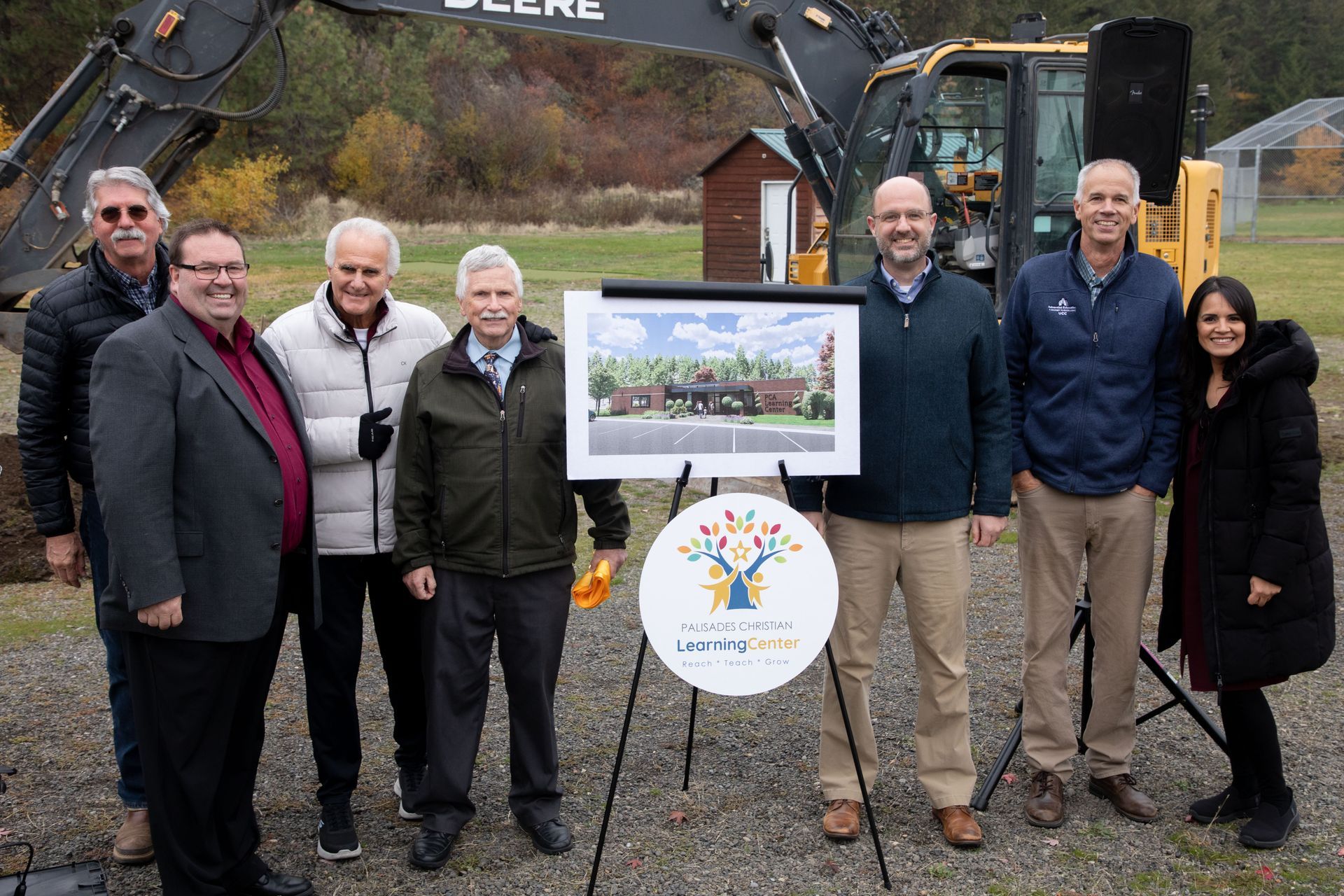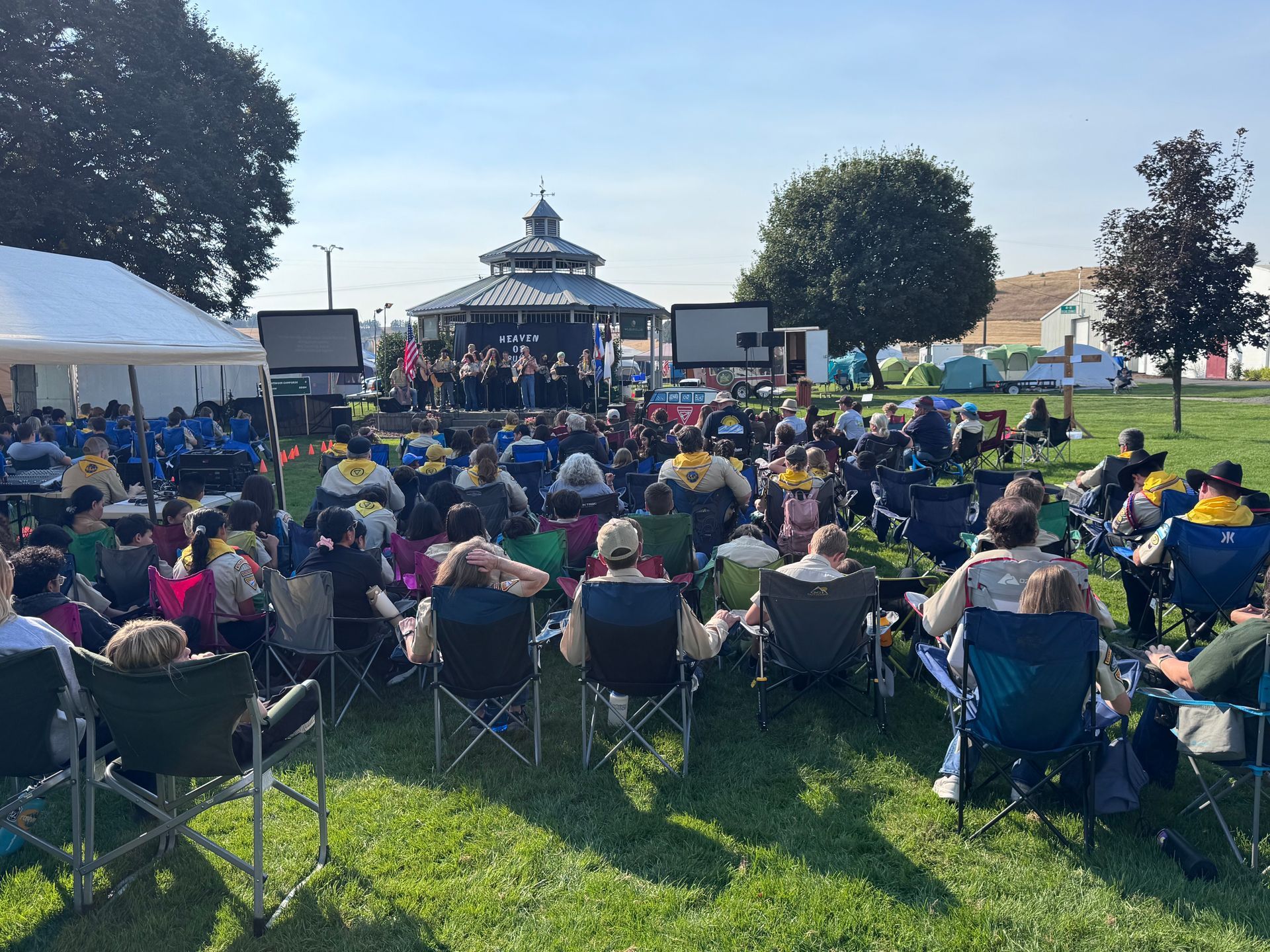The Benefits of Sunlight part two
Antioxidants have become a “buzz” word in the nutrition world. Consumers are constantly bombarded with advertisements and labels that tout the benefits of various antioxidants. But how does this relate to sunlight?
By: Cindy Williams, RN
Coordinator, Health Ministries
Antioxidants have become a “buzz” word in the nutrition world. Consumers are constantly bombarded with advertisements and labels that tout the benefits of various antioxidants. Manufacturers are making hundreds of thousands of dollars on antioxidant supplements. In the meantime, our bodies are capable of manufacturing a powerful antioxidant, melatonin.
Melatonin? Yes, even though we usually associate it with promoting sleep, it is also an antioxidant with twice the antioxidant power of vitamin E. Melatonin is produced in our bodies by two different systems. One of these operates at night, the other in the daytime, both in response to light.
To understand the system that produces melatonin at night, we need to begin at sunrise. Sunlight hits our eyes and stimulates intrinsically photosensitive retinal ganglion cells in the back of the eye. A message goes to the suprachiasmatic nucleus which then tells the pineal glad to stop production and secretion of melatonin. We have increased alertness and energy hormones in our brain flood out impacting our mood and many of the body functions kick into gear that we need for daytime activities.
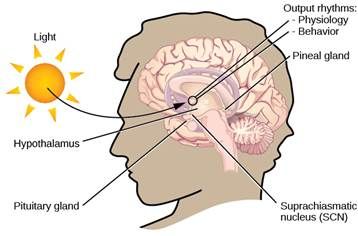
Those light sensitive ganglion cells are clustered toward the lower part of the retina so that light from above easily hits them. When the sun goes down, darkness stimulates the pineal gland to produce melatonin and secrete it into the bloodstream. It tells our body to prepare for sleep and begins shutting functions down so we can sleep well. The circulating melatonin goes through the body while we sleep, mopping up oxidative stress molecules that it finds.
Most of us don’t go to bed when the sun sets. We are often up and busy for many hours after that. In the winter here in the Northwest the sun goes down around 4:00 during the month of December. It would be extremely hard to stop work and shut down all the lights, televisions, computers, etc. that early. I’m not suggesting that we should go to bed at 4:00! Let’s think about what our ancestors did during the winter. Certainly, they slept more than they did in the summer. Their sources of light were much different than ours and had less impact on melatonin production. Fires and candles produce light that is in a different color spectrum than our LED bulbs and computer screens. Research shows that light in the warm end of the light spectrum (reds and oranges) as well as dim, low light (like a fire) have minimal impact on our natural circadian rhythm. Blue light has a significant impact.
Here are some things you can do to maximize production and secretion of circulating melatonin:
- Get as much bright sunlight as you can early in the day. Early morning is best.
- Consider writing to your congressman and senator to encourage the discontinuation of daylight savings time. Research shows that our bodies do best with early morning light.
- Use dim, low, and red light after sunset. Place light bulbs rated in the warm end of the color spectrum in tabletop lamps and reduce use of overhead lights.
- Avoid blue light at night. Use a blue light blocker if you need to be on a device.



